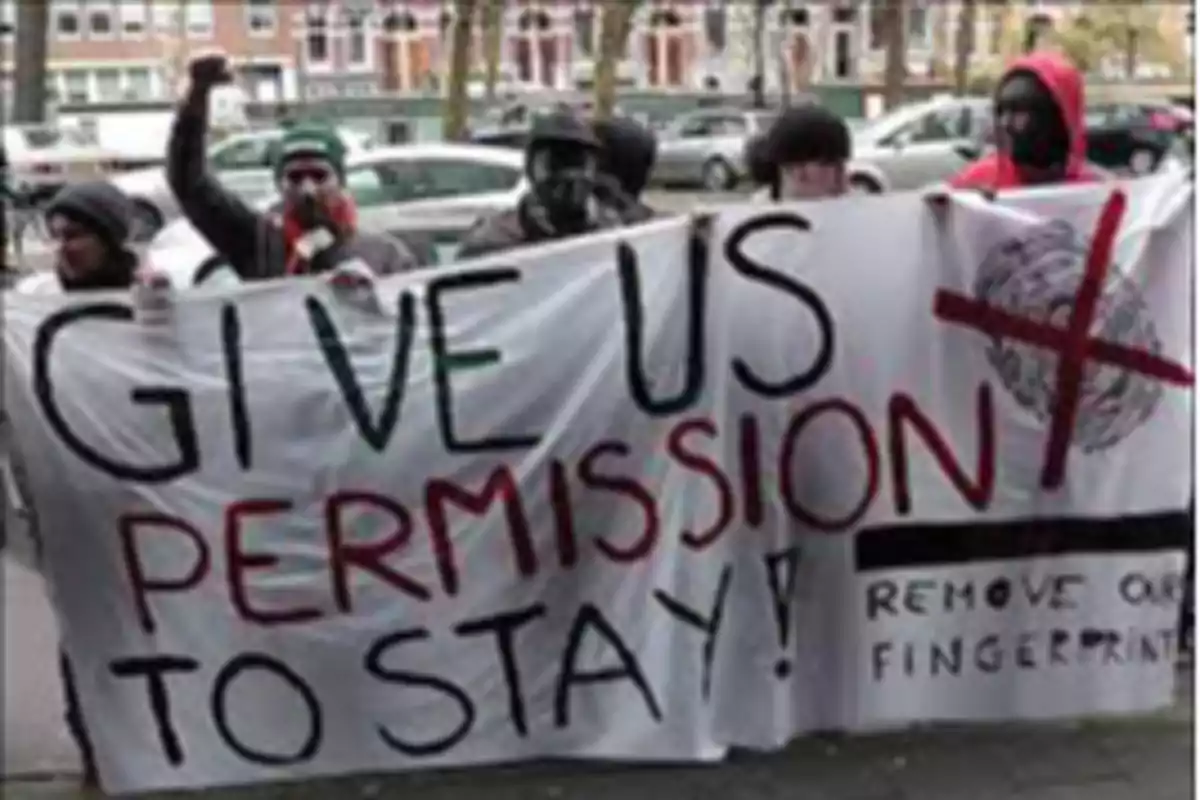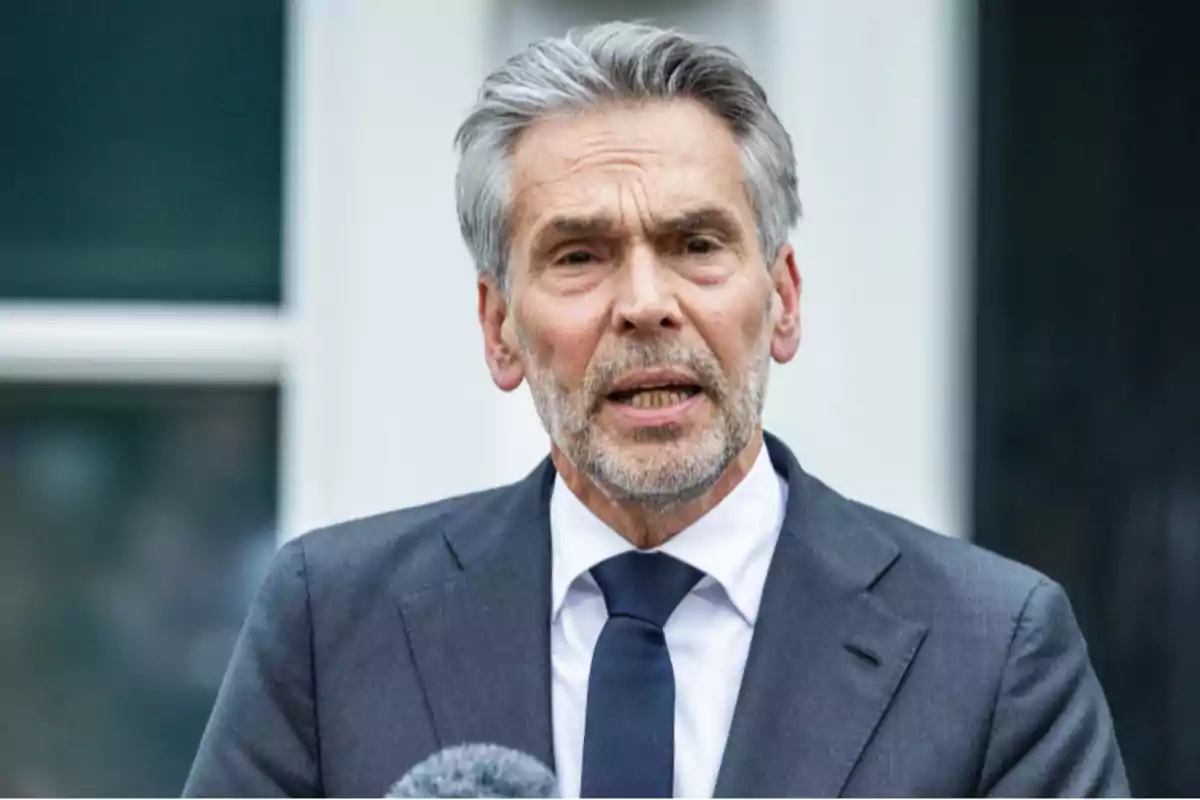
The government of the Netherlands collapses due to a migration dispute
After the withdrawal of the right-wing 'Party for Freedom' led by Geert Wilders, the government of the Netherlands is faltering and there could be elections in the coming months
On June 2, the government of the Netherlands collapsed after the withdrawal of the Party for Freedom (PVV) led by right-wing leader Geert Wilders from the ruling coalition. The decision, driven by disagreements over migration policy, leaves the country in a situation of political uncertainty, with a new call for elections that will likely be held between October and November.
Wilders, whose party won the November 2023 elections with 23% of the votes, broke with the four-party coalition after rightly considering that his partners did not support his effective migration plan.
Among the measures he demanded were the closure of borders to asylum seekers, the expulsion of Syrian refugees, the closure of reception centers, and the deportation of migrants convicted of serious crimes.
He also proposed using the army to guard the borders. Faced with the lack of immediate support for his ten-point plan, Wilders announced the PVV's exit from the government, accusing his allies of betraying the popular mandate.

Prime Minister Dick Schoof, an independent and former senior official, described Wilders's decision as "unnecessary and irresponsible." After an emergency cabinet meeting, Schoof submitted his resignation to King Willem-Alexander, although his government will continue as an interim administration.
The fall of the cabinet comes just weeks before the Netherlands hosts a NATO summit in The Hague, which means that the country will be governed by a provisional government during a crucial international policy event.
The reactions of the coalition partners were immediate. Dilan Yesilgöz, leader of the People's Party for Freedom and Democracy (VVD), said she was "shocked" by the decision and accused Wilders of acting irresponsibly at a time of international crisis, marked by war in Europe and an unstable economy.

Caroline van der Plas, leader of the BBB agricultural movement, accused Wilders of putting his personal interests ahead of those of the country. Meanwhile, Nicolien van Vroonhoven, from the New Social Contract party, considered that the government could still continue as a minority coalition.
Experts in Dutch politics agree that this decision could play in Wilders's favor. According to Joep van Lit, political scientist at Radboud University, PVV could present the upcoming elections as a referendum on immigration, a topic that dominates political discourse and deeply divides Dutch society.
Simon Otjes, professor at Leiden University, pointed out that PVV may have calculated that new elections would allow it to obtain a stronger mandate to impose its policies.
Despite his victory in 2023, Wilders was not directly part of the government nor did he assume the position of prime minister due to agreements within the coalition. His frustration logically grew due to the slow implementation of his proposals, which ultimately led to the breakup.

More posts: